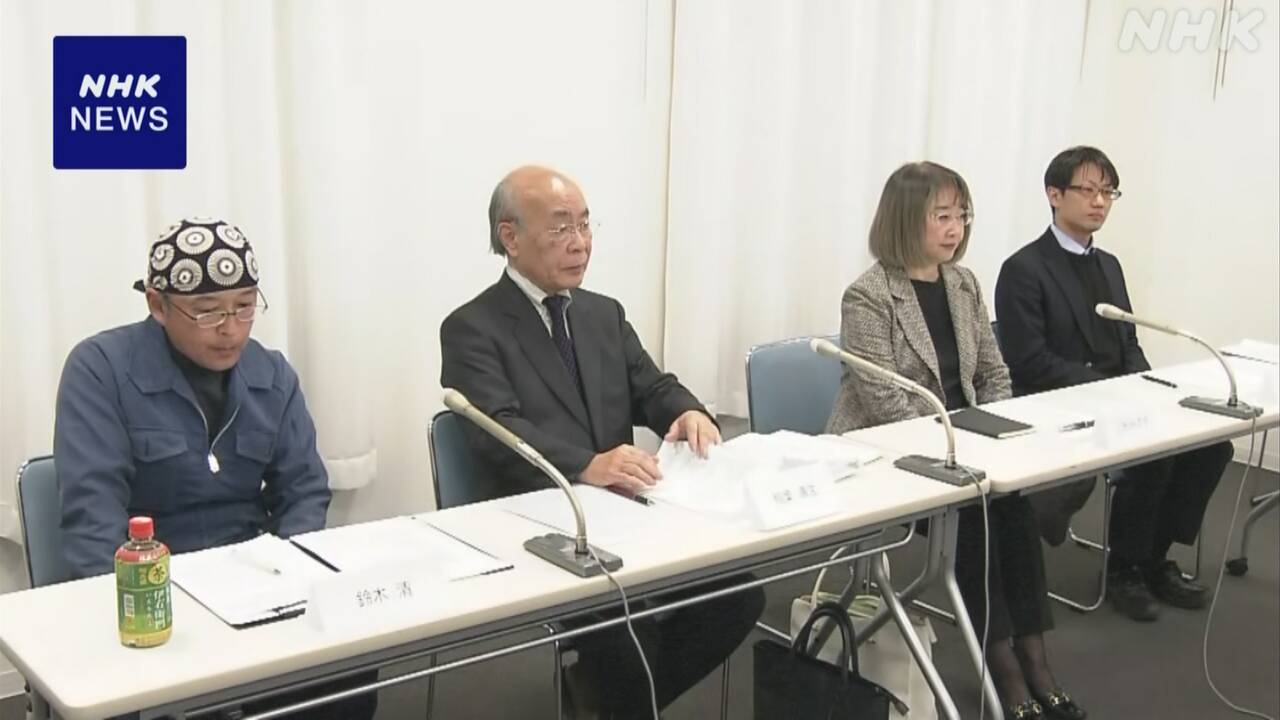As the issue of ``author's moral rights,'' the right not to have one's own work altered against one's will, is being debated, a residents' group in Tokyo's Setagaya Ward has submitted a request regarding the compilation of a ``ward history.''
They argue that asking the experts who compile the work not to exercise their ``author's moral rights'' could lead to falsification of the research content.
Setagaya Ward said, ``We do not intend to falsify history.We will review the content and consider any response.''
To commemorate the 90th anniversary of the enactment of the ward system last year, Setagaya Ward commissioned approximately 40 history experts and curators to compile the ``Ku History,'' which summarizes the history of the area. We are.
When entering into a writing contract, I asked Yuta Taniguchi, an associate professor at Aoyama Gakuin University who specializes in medieval history, to transfer the copyright and not to exercise the author's moral rights (the right not to change the content against his will). The professor objected, saying it would lead to unauthorized rewriting by the government, and his commission as a committee member was terminated at the end of last year.
In response to this, a group formed by ward residents and others submitted a request to Mayor Hosaka on the 27th, asking for a review of the contract the ward had signed with the editorial committee.
A member of the group that held the press conference said, ``The death of manga artist Hinako Ashihara has become a major social issue, but disregarding the moral rights of authors is a serious problem that could even take the life of the author.'' I complained.
Associate Professor Taniguchi, who was also present at the press conference, said, ``This is an issue that affects the lives of academics.I hope Setagaya City will make a wise decision.''
Setagaya Ward said, ``When we previously published a commemorative magazine, there was a situation where we could not come to terms with the contents of the magazine, so we entered into a contract with the idea that it would be revised if there were any sentences that deviated greatly from the purpose. "We have no intention of doing so. We would like to review the contents of the request and consider responding."

